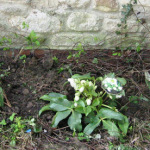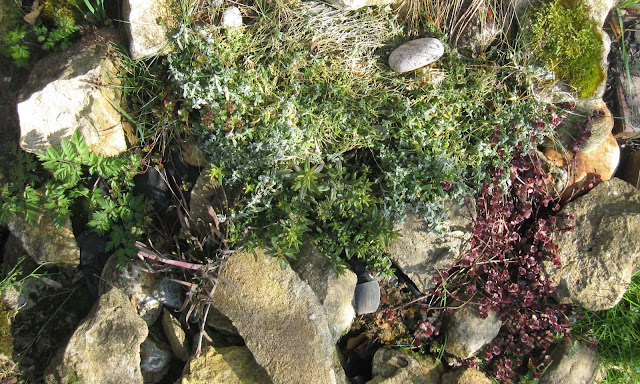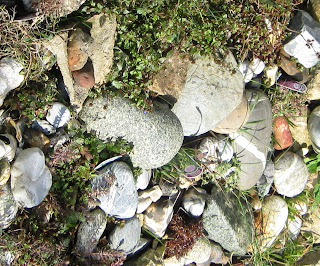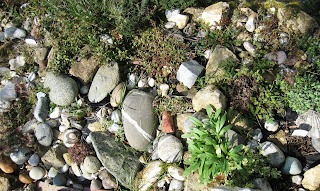And now, deep breath, I tackle Romans.
Romans 1
2 the gospel he promised beforehand
This is the longest introduction of any of Paul’s letters. Paul goes into more detail here because he had never been to Rome, and he wanted to summarize the Gospel for the Roman readers.
An obligation laid upon him by Jesus.
Because of their lack of size, fame or honour in the Roman corridors of power and influence, Christians might be tempted to be ashamed. But Paul says it is nothing to be ashamed of, because it is a message that comes with the power of God.
How do we deal with our hopes and ambitions for our children’s future? Do we prayerfully take them to God?
How do we do these things?
Fears.
Hopes.
Dreams
Ambitions
Plans
Do we discuss them with God, ask him for his wisdom and perspective on them, follow his directives, and leave the outcome in his hands?
What else does it mean to live by faith?
Share on site of your choice … Wikio











